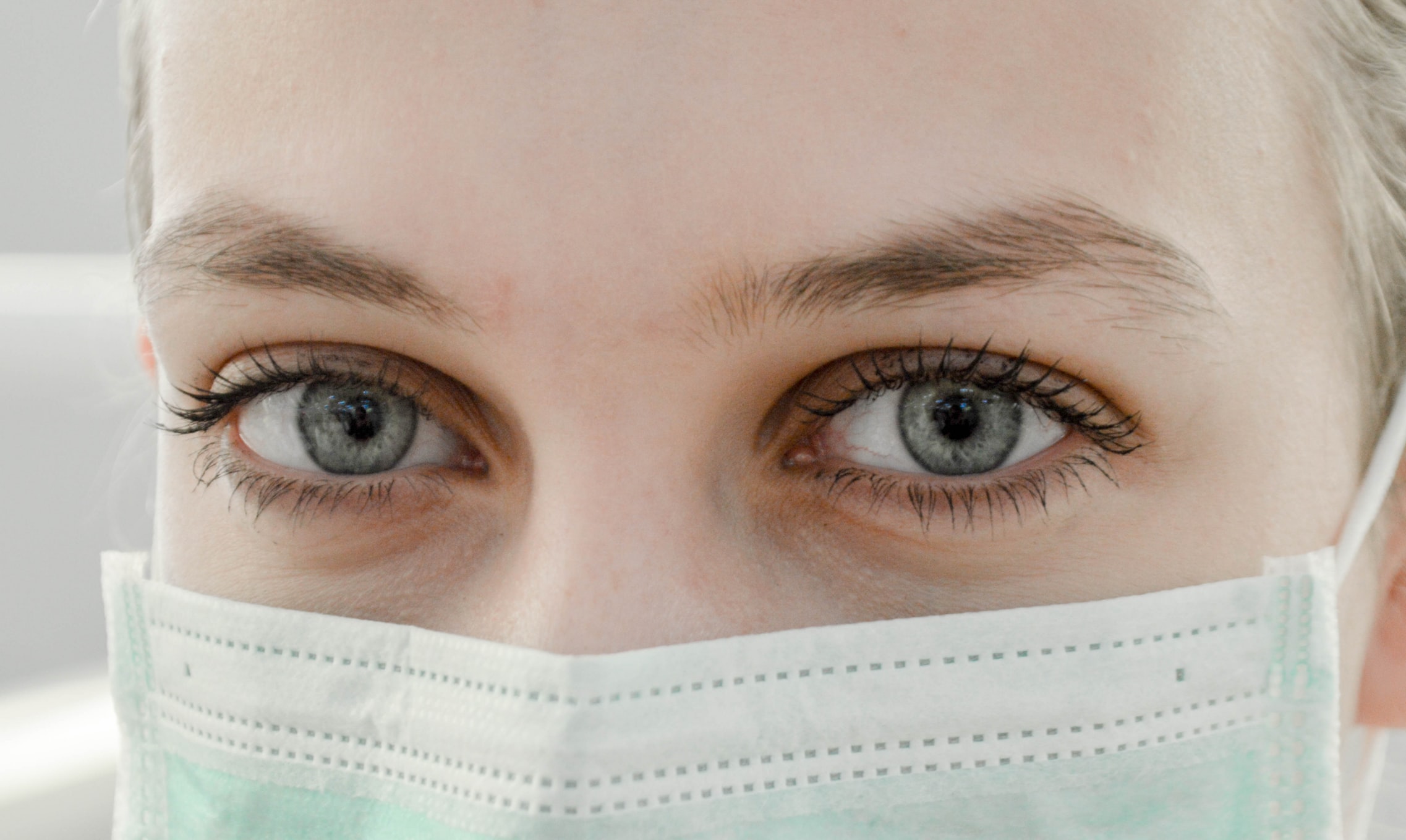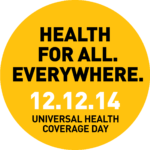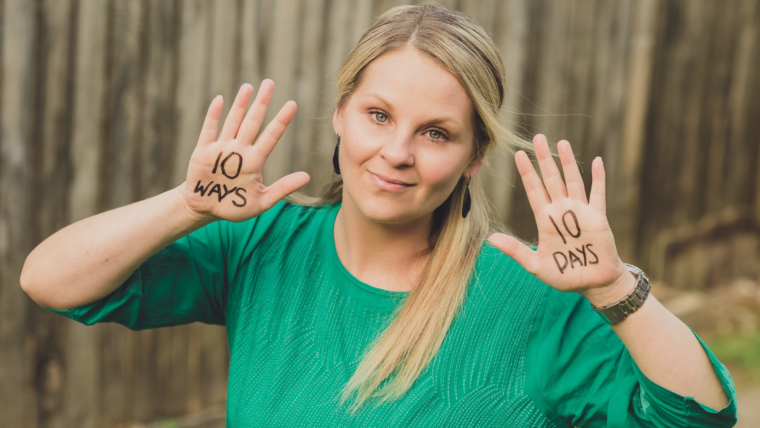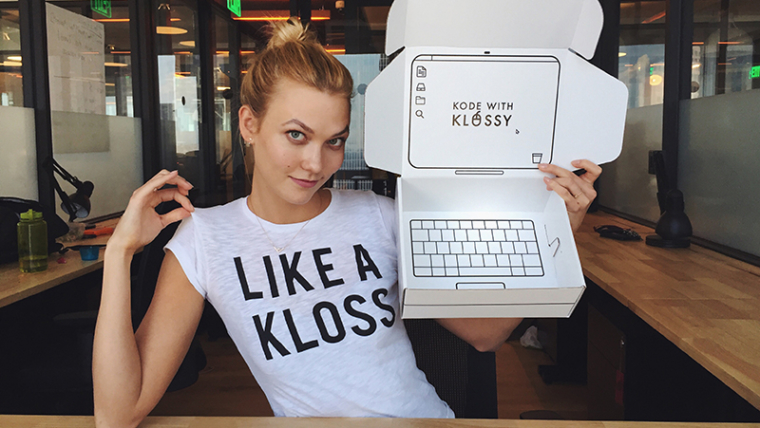
By Grant Marek
China is now producing 200 million masks a day, and it’s still coming nowhere close to meeting global demand as the spread of coronavirus continues and front-line health care workers are being asked to re-use protective gear intended for one-time use.
And while factories globally are pivoting to help meet the shortage of dire medical equipment, getting masks to the people who need them most will take time many doctors and nurses don’t have.
Liz Klinger, for one, decided she’s not going to wait.
“My mom is a nurse, and she told me they weren’t being provided masks on her floor, which was obviously kind of concerning. She’s older, she’s not as healthy as she used to be, and it got to the point that if she stays here she might get a severe case and die,” Klinger tells SFGATE. “And I was hearing through the grapevine that my mom’s experience was far from the only experience like that — U.S. healthcare workers across the country need masks.”
So Klinger, a Bay Area native, decided to find a way to get them masks right now. In just under a week, Klinger and Chloe Alpert — Klinger’s long-time friend and the CEO of Medinas Health, which helps hospitals manage medical equipment inventory — launched mask-match.com, a site built for two groups of people:
“I’m a healthcare worker, and I need masks,” reads one clickable link.
“I want to help, and I have masks to give,” reads the other.
The site is simple: If you have either N95 masks or surgical masks, you fill out a quick web form with your contact information, your location (so they can find the closest person to you with the greatest need) and how many masks you have.
If you’re a health care worker, you do the same (contact info, address for masks to be shipped to, how many masks you need) along with a way to verify your current status as a health care worker.
Then Mask Match does the rest, with Klinger, Alpert, and a small number of volunteers manually providing people who have masks with an address to send them to (they’re hoping to automate the process more in the coming days as requests increase), and then — once things are shipped — a tracking number to the health care worker.
In less than 48 hours since launching Thursday, Mask Match had more than 1,000 requests for masks and more than 200 people offering to provide them.
“One of the first [requests] we got was someone talking about how they were being told to staple N95 masks together in order to keep using them,” Klinger says. “Another health care worker said his wife, who also works in health care, is pregnant, and both of them were worried. A lot came from rural clinics who have zero supply right now and their office managers are unable to source anything because they’re a small clinic in the middle of the US trying to compete with the entire world in getting masks right now.”
The list goes on, and on, and on, and Klinger has made it her goal to be a stop-gap between now and whenever global production catches up.
“I don’t expect it to be a forever thing, but I hope it can be used to patch up what has been severely lacking in the system. To make healthcare workers feel like they’re not alone,” she says. “It’s what we have to do. It could take up to 6-8 weeks for some of these hospitals to get masks. Supply is so scarce, products being stolen, counterfeit products are being sold online, it’s like, this whole thing, it’s a mess.”
Klinger points to the fact that so many hospitals have different policies regarding accepting donations — some accept masks, some don’t, some are locking up masks for later when the healthcare system is really pressed, and some are discouraging healthcare workers from bringing in their own.
“It’s complicated for who needs what where,” says Klinger, who is working more overtime than usual to fill both the needs of Mask Match and her CEO responsibilities at Lioness. “At least with peer-to-peer matching we know. A lot of people requesting masks are also planning to distribute to coworkers and while it’s not perfect, it is fast moving. It’s all happening much more quickly than waiting for things to come top down, or manufacturing/production to catch up. It’s basically opening up a new channel of supply that previously wasn’t really going to much of anywhere.”
Klinger said Alpert has been working with partners with larger production capabilities to add those into the pipeline as well.
In the meantime, they’re busy getting tracking numbers for the first batch of matches to health care professionals — which has been received with open arms.
“The response we’re getting from them is just gratitude, ‘thank you’ in all caps with a bunch of exclamation points,” she says.






